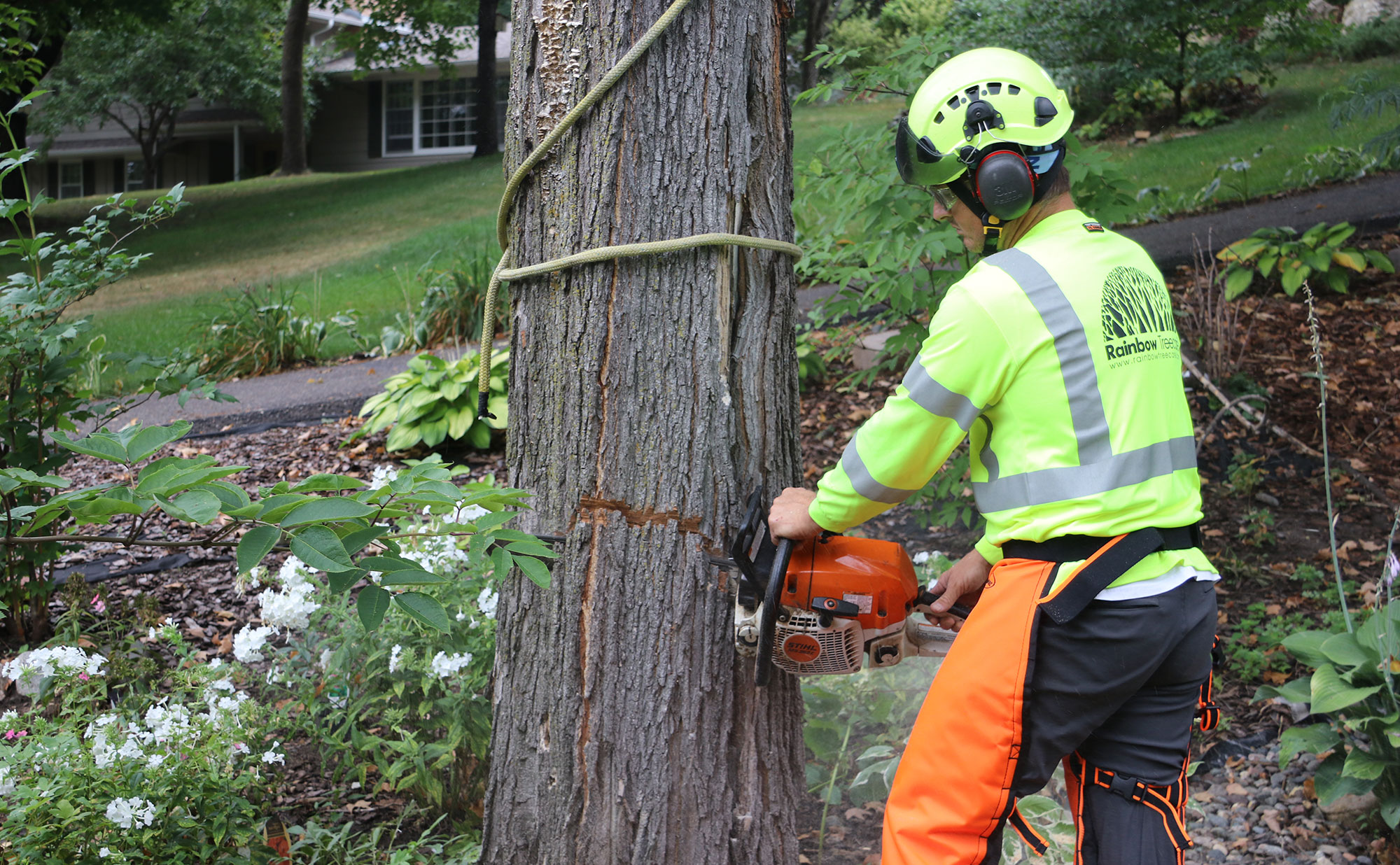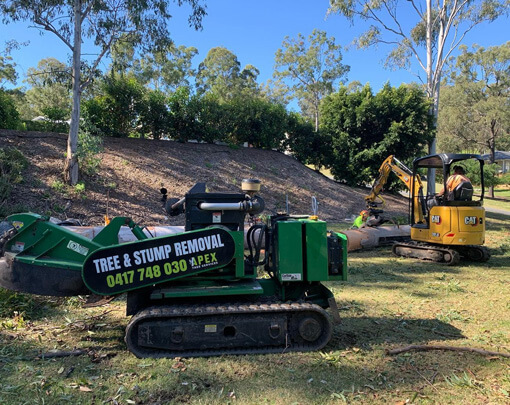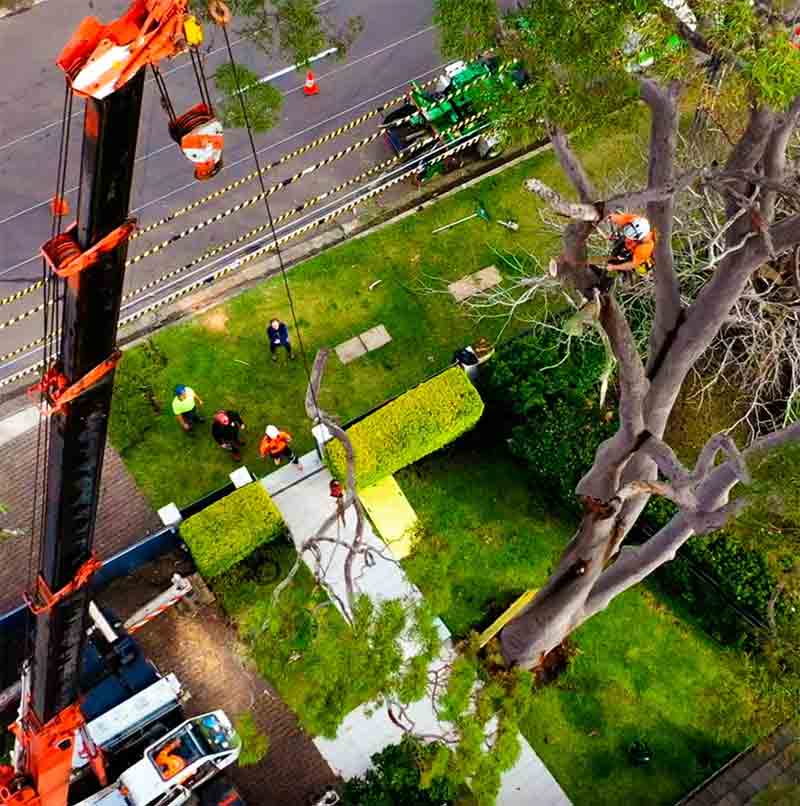All Categories
Featured
The elimination of trees can create open areas that are at risk to weed invasion. When trees exist, their thick canopies often color the ground, restricting the quantity of sunshine that reaches the dirt. After the removal of trees, these open locations obtain enhanced sunlight, offering optimal conditions for weed growth.

They may recommend the use of mulch, which acts as a protective barrier on the dirt surface, protecting against weed seeds from sprouting and reducing weed development.

The existence of trees fosters an abundant and varied area of soil microorganisms. Tree origins supply a source of raw material, exudates, and nutrients that sustain the development and activity of useful soil bacteria. Nonetheless, when trees are gotten rid of, the absence of their origins can disrupt the delicate equilibrium of the soil's microbial community.
Who Is The Best Tree Removal Wollongong Company?
This change in pH can affect nutrient accessibility, microbial activity, and general dirt wellness. To attend to the results of tree reducing on dirt pH, tree removal professionals can offer useful advice. They may recommend soil screening to evaluate the current pH levels and determine the needed modifications. Based upon the results, professionals can suggest pH adjustment approaches, such as including lime to raise soil pH or integrating elemental sulfur to decrease it.

It refers to the compression of soil particles, leading to lowered pore space and boosted soil thickness. This compaction can negatively affect the dirt's capacity to function ideally, impacting its water-holding ability, vitamins and mineral accessibility, and root infiltration. Proper methods employed by tree elimination specialists can assist minimize compaction and maintain the dirt's capability to maintain water, and permit appropriate air movement and cautious tools handling.
Latest Posts
How Much Does It Cost To Have A Tree Removal Wollongong Area?
How Much Does It Cost To Hire A Wollongong Council Tree Removal?
What Does Tree Arborist Wollongong Cost?